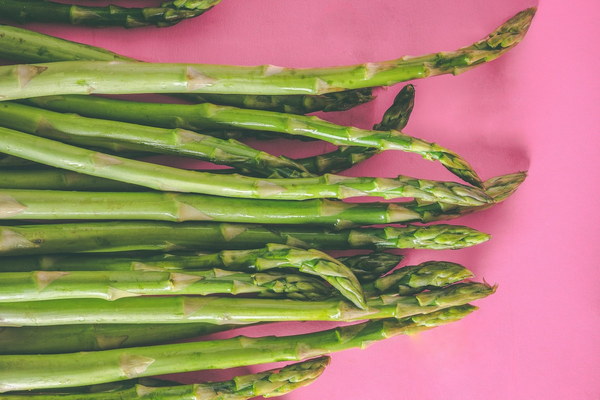Do Dried Grapes Really Nourish Kidneys Unveiling the Truth for Women
In recent years, dried grapes have gained popularity as a healthy snack, especially among women looking for natural ways to boost their kidney health. But the question remains: Do dried grapes really help nourish kidneys? Let's dive into the details and separate fact from fiction.
Firstly, it's essential to understand that kidneys play a crucial role in filtering waste products, excess fluids, and electrolytes from the bloodstream. When they are not functioning properly, it can lead to various health issues. So, anything that can support kidney health is worth exploring.
Dried grapes, also known as raisins, are rich in essential nutrients like potassium, fiber, and antioxidants. These nutrients may contribute to kidney health in several ways:
1. Potassium: The kidneys are responsible for balancing potassium levels in the body. Dried grapes are an excellent source of potassium, which helps maintain this balance. Adequate potassium intake is crucial for kidney health as it can prevent kidney stones and reduce the risk of chronic kidney disease.
2. Fiber: Dietary fiber is essential for digestion and can help reduce the risk of kidney stones. Dried grapes contain a significant amount of fiber, which may help prevent kidney stone formation and improve overall kidney function.
3. Antioxidants: Antioxidants help protect against oxidative stress and inflammation, which can damage the kidneys. The antioxidants present in dried grapes, such as resveratrol and flavonoids, may help reduce oxidative stress and inflammation in the kidneys.
While dried grapes have potential benefits for kidney health, it's important to note that they should not be considered a miracle food. Here are a few factors to consider:

1. Portion control: Dried grapes are high in calories and sugar compared to fresh grapes. Overconsumption can lead to weight gain and other health issues. Therefore, it's crucial to consume dried grapes in moderation.
2. Kidney disease: If you have a pre-existing kidney condition or are at risk for kidney disease, it's best to consult with a healthcare professional before increasing your intake of dried grapes. They can provide personalized advice based on your specific health needs.
3. Balanced diet: While dried grapes can contribute to kidney health, they are just one component of a balanced diet. Incorporating a variety of fruits, vegetables, lean proteins, and whole grains is essential for overall kidney health.
In conclusion, dried grapes may offer some benefits for kidney health, particularly due to their potassium, fiber, and antioxidant content. However, it's important to consume them in moderation and as part of a balanced diet. If you have concerns about your kidney health, consult with a healthcare professional for personalized advice.
Remember, maintaining a healthy lifestyle, including a nutritious diet and regular exercise, is the best way to support your kidney health. So, while dried grapes can be a healthy snack option, they should be enjoyed as part of a holistic approach to well-being.



